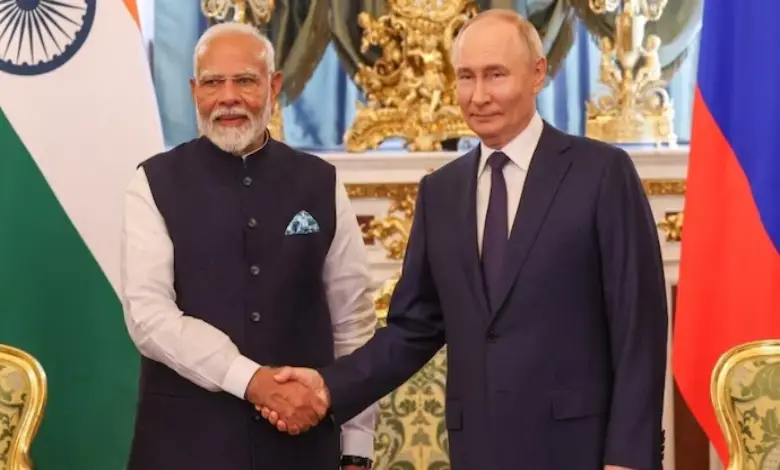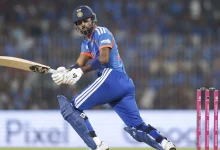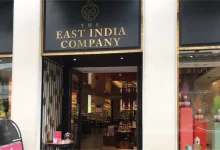Modi Grills Putin on Ukraine Amid US Tariff Squeeze: NATO Chief Reveals Pressure Tactics

NEW DELHI/NEW YORK — NATO Secretary-General Mark Rutte has disclosed that Indian Prime Minister Narendra Modi is pressing Russian President Vladimir Putin for clarity on Moscow’s Ukraine strategy, a direct fallout from U.S. President Donald Trump’s aggressive tariff measures targeting India’s Russian oil purchases.
In an exclusive interview with CNN on the fringes of the United Nations General Assembly in New York on Friday, Rutte highlighted the tariffs’ ripple effects. “This immediately impacts Russia because that means Delhi is now on the phone with Vladimir Putin in Moscow, and Narendra Modi is asking him, ‘I support you, but could you explain your strategy because I have now been hit by these 50% tariffs by the United States,'” Rutte said. His comments underscore how the U.S. policy is straining India’s delicate balancing act between its energy needs and Western alliances. Neither New Delhi nor Moscow has issued an immediate response to Rutte’s assertions.
The tariffs, announced last month, impose a baseline 25% reciprocal duty on Indian imports, escalating to a combined 50% penalty specifically for continued purchases of Russian crude. Trump has framed these as a counter to India’s role in sustaining Russia’s war machine, accusing New Delhi of enabling Moscow’s assaults on Ukraine, which erupted in February 2022. Earlier this month, Trump amplified his stance on Truth Social, urging NATO allies to slap 50% to 100% tariffs on China and halt all Russian oil imports to hasten an end to the conflict. On September 13, he posted: “It greatly weakens your negotiating position and bargaining power over Russia,” lambasting some NATO members for their energy dependencies.
Rutte aligned with Trump’s view, asserting that NATO nations “should stop” buying Russian oil to bolster leverage against the Kremlin.
Parallel to these geopolitical tensions, India and the U.S. are advancing bilateral trade negotiations to mitigate the fallout. A high-level Indian delegation, headed by Commerce Minister Piyush Goyal and featuring Special Secretary Rajesh Agrawal—New Delhi’s lead negotiator—convened with American counterparts in New York this week. The talks build on intensive sessions held in Delhi last month between Agrawal and U.S. Chief Negotiator Brendan Lynch, aimed at forging a comprehensive trade pact.
Optimism persists at the top. On September 10, Trump shared on Truth Social: “I look forward to speaking with my very good friend, Prime Minister Modi, in the upcoming weeks. I feel certain that there will be no difficulty in coming to a successful conclusion for both our countries.” Modi reciprocated swiftly on X, stating: “I am confident that our trade negotiations will pave the way for unlocking the limitless potential of the India-US partnership. Our teams are working to conclude these discussions at the earliest. I am also looking forward to speaking with President Trump. We will work together to secure a brighter, more prosperous future for both our people.”
As the Ukraine war grinds into its fourth year, these developments illustrate the intricate web of economic coercion, alliance diplomacy, and energy security reshaping global fault lines. For India, navigating U.S. pressures without alienating Russia—its key oil supplier—remains a high-stakes endeavor, with trade breakthroughs potentially easing the strain.




